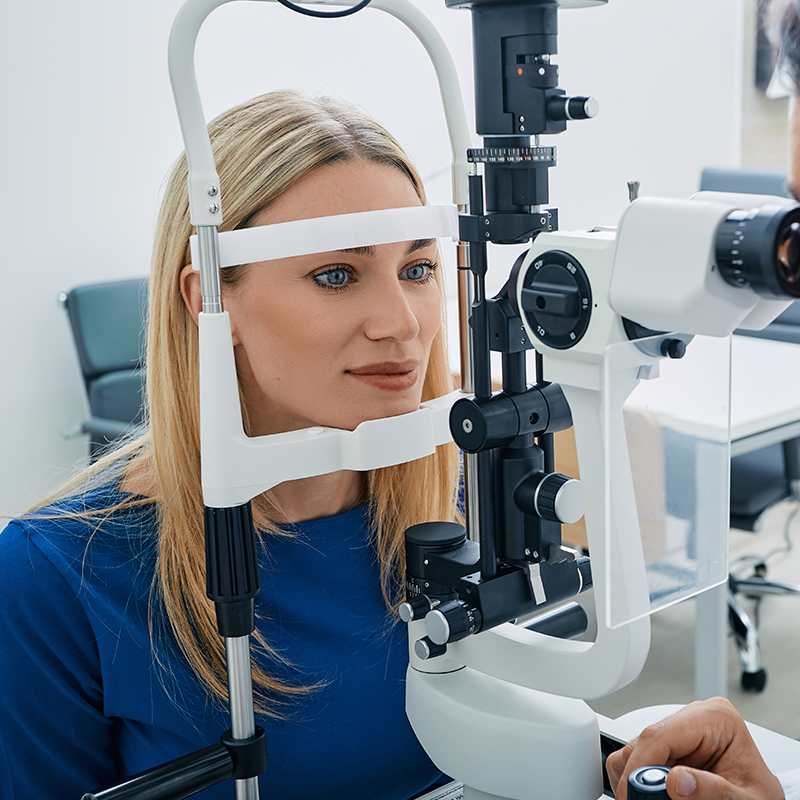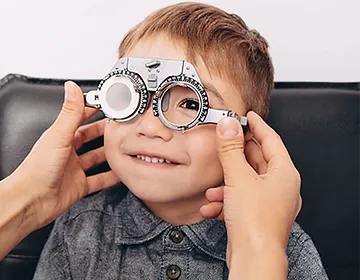Annual thorough eye exams remain to be crucial for maintaining healthy eyesight as we grow. Even the smallest alteration in prescription might lead to headaches, eye irritation, and other related issues. Most patients begin to have problems while reading around the age of 40 because of presbyopia. Presbyopia, a typical aspect of ageing, makes it more difficult to see tiny texts on tags, computer screens, publications, and other hand-outs. While low-cost "drugstore readers" could be helpful, the professional optometrists will carefully check your vision and present a wide range of correction alternatives that are personalised to your unique requirements.
The top advantages of a thorough eye examination
The fact that you get a quick assessment of your eyesight is one of the biggest advantages of full eye exams. You will be examined for issues like:
Issues with focus, such as presbyopia
Refractive error: astigmatism, farsightedness, or nearsightedness
The presence of binocular vision or other visual issues like strabismus or amblyopia
When you are diagnosed with a focusing issue or refractive error, you will get medical attention and be well-suited for glasses or contact lenses. Your optometrist will consult with you about the medication process for other diseases and provide you with useful data so you can think about several variants.
Preventive care is probably the main benefit of regular thorough eye exams. Your eyesight is the most valuable thing you own, and maintaining healthy vision takes regular care. When degenerative eye disease is under consideration, ignoring preventive vision care might have long-term effects. A number of illnesses, including macular degeneration, glaucoma and diabetic retinopathy can start off without any symptoms, progress gradually and without causing pain. The loss of eyesight is normally permanent if neglected.
Regular eye exams can help detect problems early, maintaining your eyesight. Decreased healthcare expenses are another obvious advantage of early diagnosis and treatment. Early detection of eye problems will help you avoid expensive treatments and allows you to keep your eyesight and your life quality unharmed.
Prioritize having healthy eyesight in your life and in the lives of the people you care about. To get a full eye exam, get in touch with one of our eye healthcare centres and reaffirm your determination to maintain your eye health.










